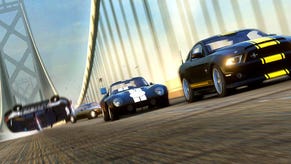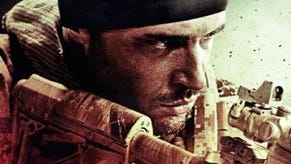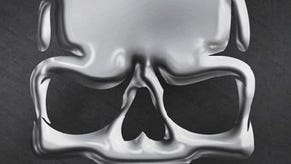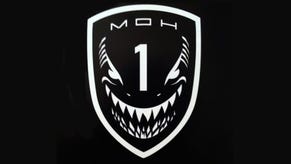Medal of Honor
Taliban hammer.
Some people love music, others love comic books. Some people love more than one thing, and how they fit it all in their heads I will never know. Me, I love listening to people talk. Sometimes a game sneaks its way into the middle of that and I'll play it, but great conversations can make me love an ostensibly dull game and poor dialogue can ruin what might otherwise be a great experience.
Basically, I'm a massive banter fan. And it's even more important in war games, where the plot is frequently nonsense and the action so close to a template. The shouty rubbish in Modern Warfare 2 wore me out, and the cohesive and likeable banter of Bad Company 2 allowed me to gratefully gloss over the game's flaws. That bit when the squad leader took time out to reassure his group about the quality of their puns? That, right there, added two to my internal score.
Yes, I'm sure a lot of Scottish men shout a lot during globally critical missions, and Andy McNabb might have told The Sun that Modern Warfare 2 is realistic, but if that's what you're after then let's get rid of regenerating health and magical medkits and see how realistic you really want your war.
So, the second mission reveal of the modern-day Medal of Honor reboot is potentially exciting. After our previous report on the highly organised and precise operations of the Tier One Operators, I'm interested to see how the grunts chat.
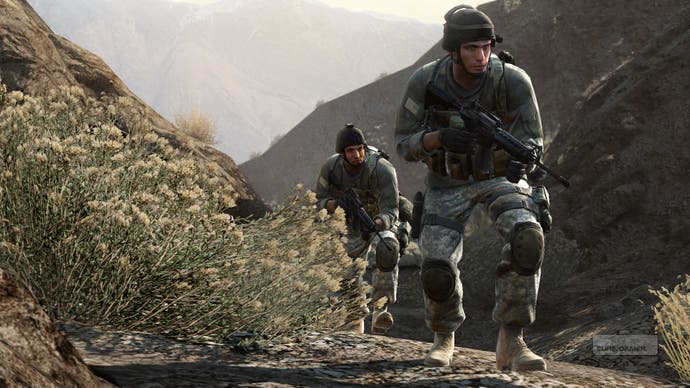
As we all now know, the new Medal of Honor is a story told with members of two groups: those super-trained Tier One Operators, and the plucky Rangers. If the Tier One guys are Bruce Lee's deadly one-inch punch - with guns - then the Rangers are a gang of drunk blokes kicking each other to death on a Saturday night. With guns. (This isn't the official, or even an acceptable, analogy, incidentally - EA is going with "scalpel" and "sledgehammer" respectively.)
They're all part of the same storyline, and the whole game is set in Afghanistan. You don't crash-zoom out to a spinning green globe and zoom back in to a Tiawanese warehouse. You don't need to.
The team at EALA worked from photographs of the region and were stunned by the variety of landscapes and locations available in Afghanistan. To you and me, it's a couple of dunes patrolled by a rusty tank. But there are slum towns, vast mountains, their inverted friends the valleys, deserts, and rubble villages like the one we're about to walk through.
With all the usual provisos that this is not a comment on war, but a fictional story told within a real situation, the film begins. It's a black screen, and a voice. One of our rangers is phoning home, but he's missed his wife. "I just wanted to let you know, everything's fine," he says. He wishes his kid good luck at the soccer game. He goes on to reassure his family that he's nowhere near the action, which is all up in the North.
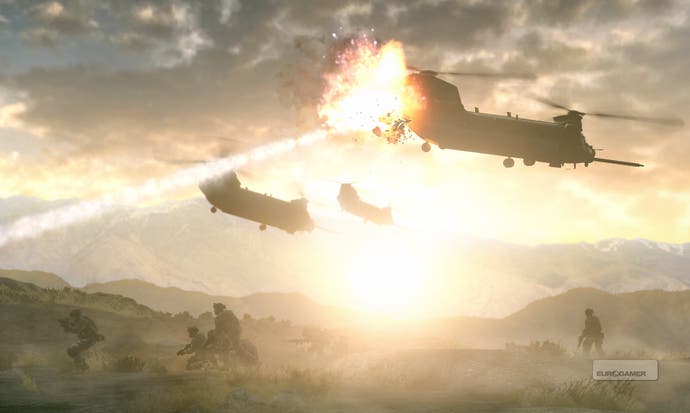
Dramatic irony lends a little tingle. The audience know something someone doesn't: our man is either lying for the mental well-being of his family, or he's ignorant of the imminent threat himself. People don't get medals of honor for having a lovely helicopter ride. "Don't worry," he says. "We're Rangers. This is what we do." He seems like a nice bloke. Thank God he'll have the luxury of checkpoints and difficulty settings.
So it's already a lot subtler than Modern Warfare's relentless bangsplosions. Teetering on the brink of mawkishness, maybe - but with enough finesse to keep you engaged. The Rangers land in a valley in what's described, quarter-convincingly, as a partial homage to that seminal 2002 MOHment, the Normandy beach landing.
Our mission is explained. A machinegun placement is preventing the progress of our team, so a group of volunteers need to get up there and take it out. The plucky hands-uppers are Corporals Favreau and Hernandez, Tech Sergeant Ybarra, and our heroic player character. The difference in play style from the Tier One "scalpel" to the Ranger's "sledgehammer" is summarised by two sentences:
"There are no friendlies here. If it moves, kill it."


